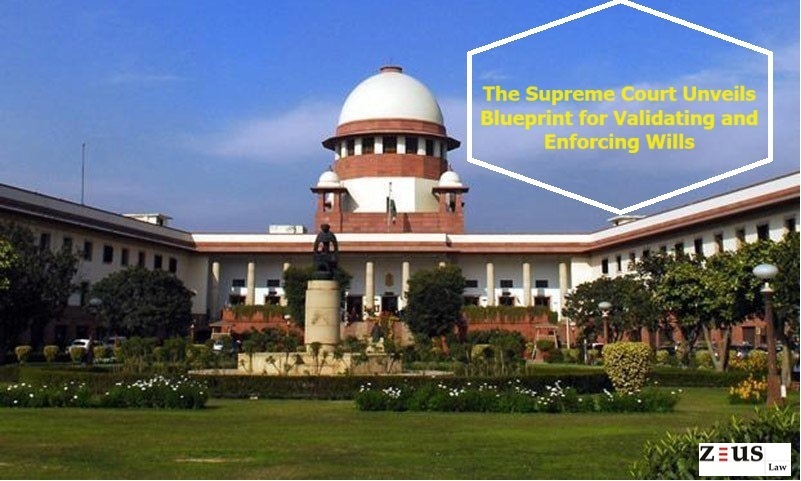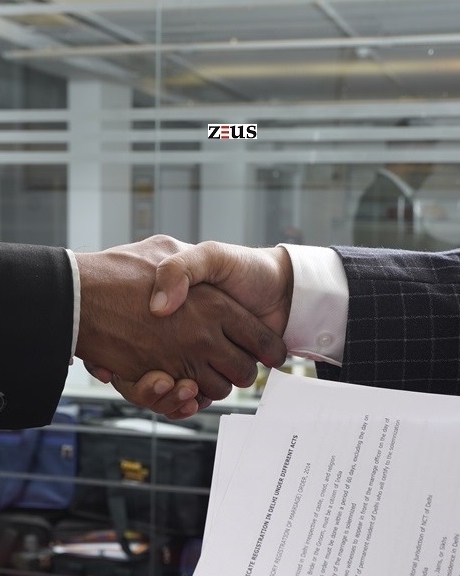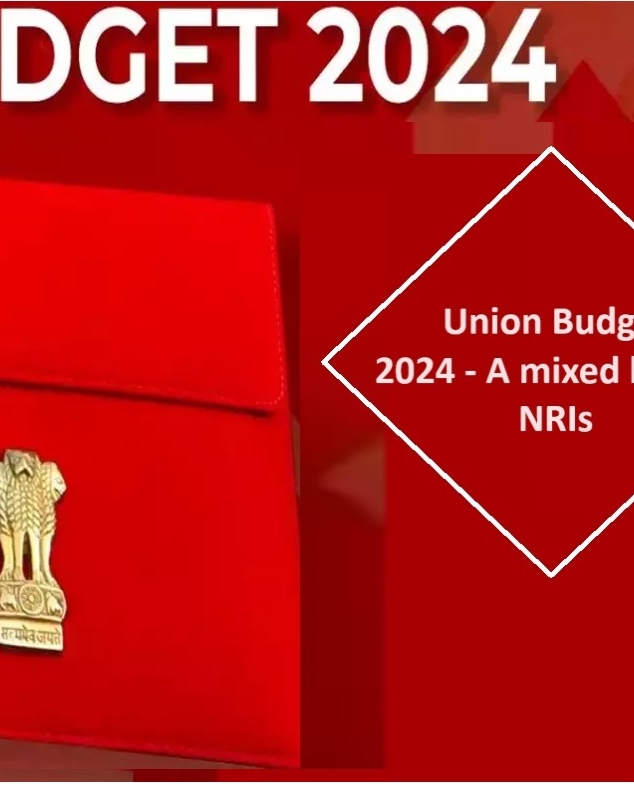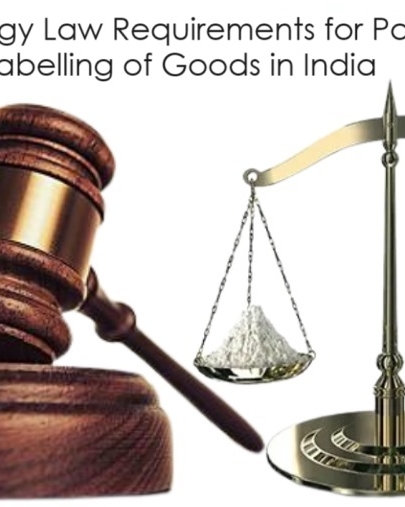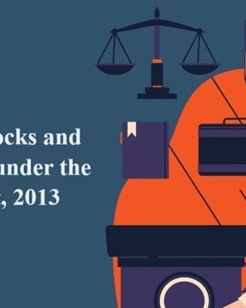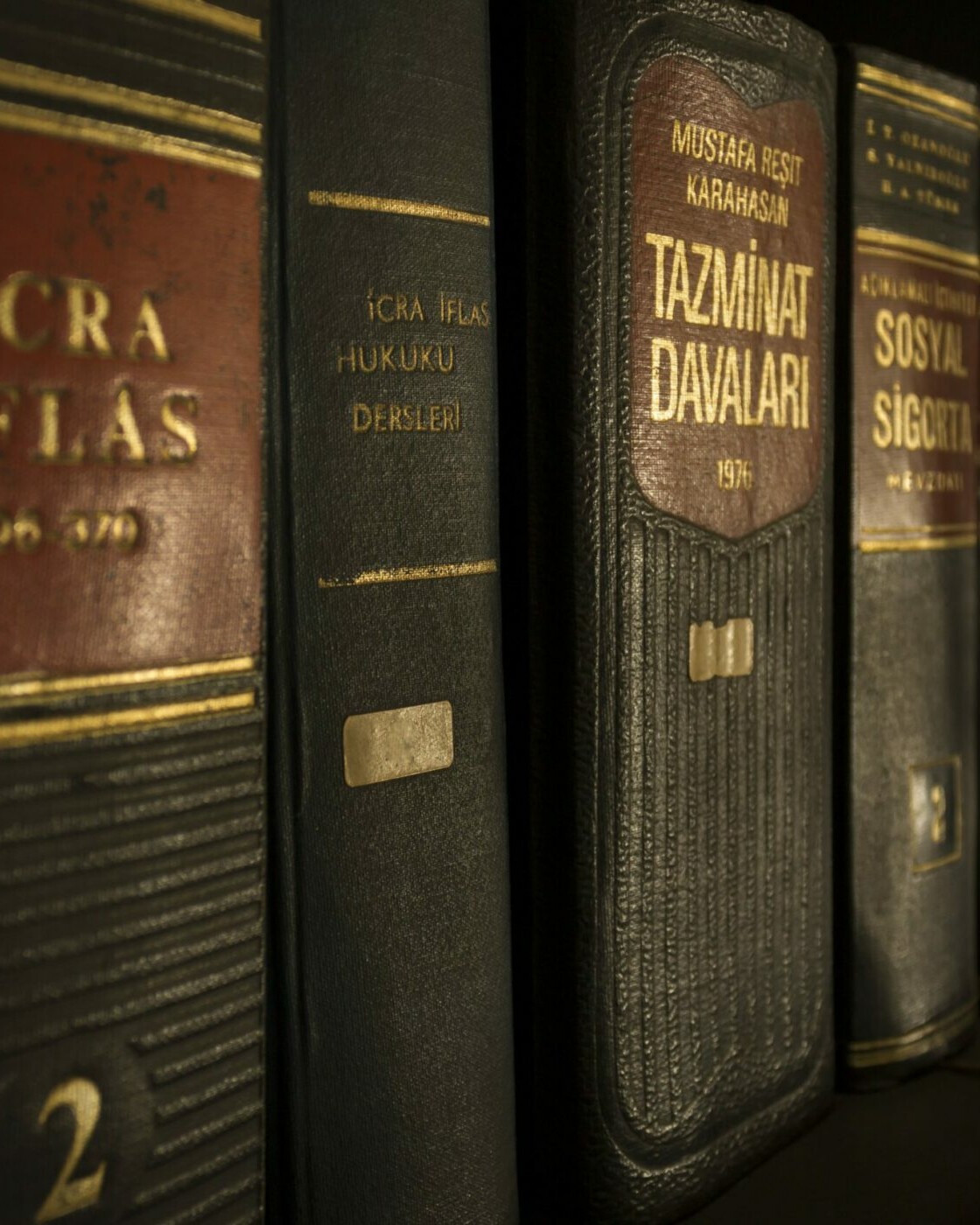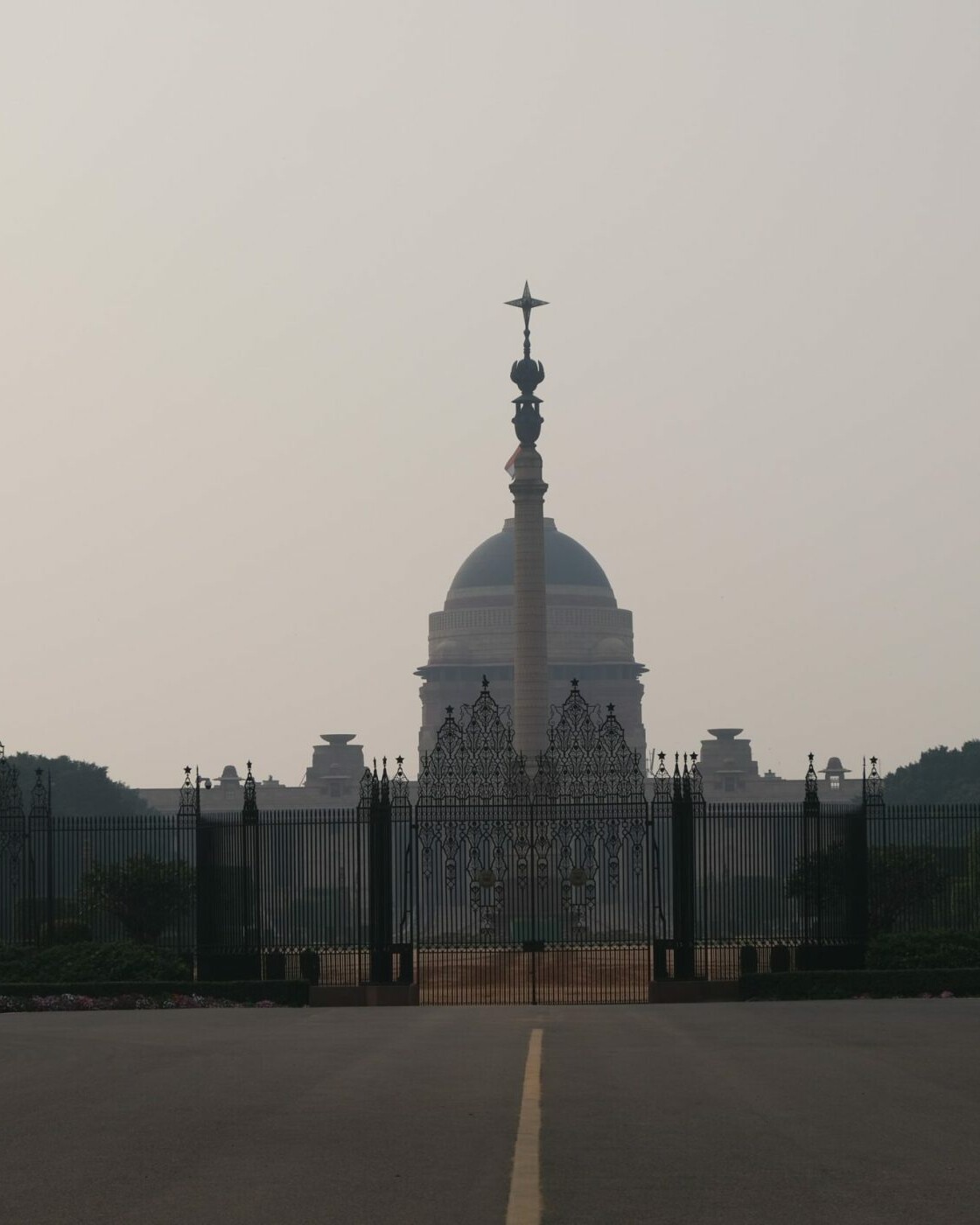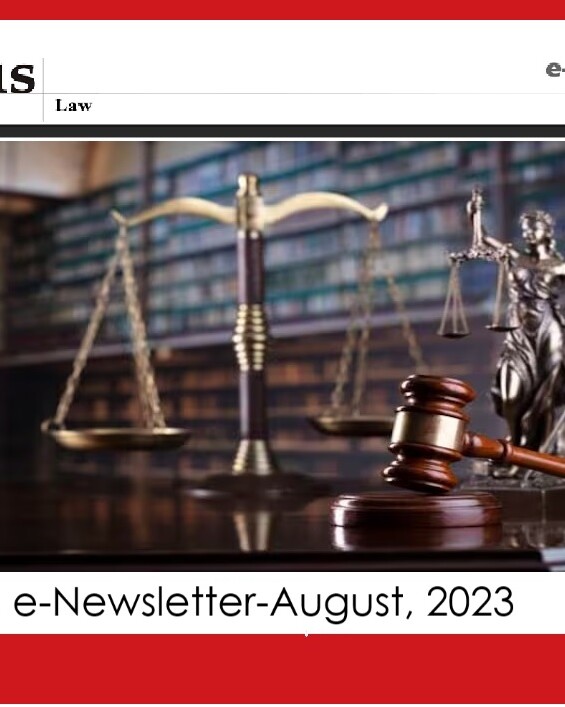The Supreme Court Unveils Blueprint for Validating and Enforcing Wills
Author: Overseas Indian Desk, at ZEUS Law
In the recent judgment of Meena Pradhan & Others vs. Kamla Pradhan and Others, the Hon’ble Supreme Court of India has dealt with the validity and execution of a will once the testator has passed away.
The Hon’ble Bench observed that “A will is an instrument of testamentary disposition of property. It is a legally acknowledged mode of bequeathing a testator’s property during his lifetime to be acted upon on his / her death and carries with it an element of sanctity.” It should be subject to stringent regulations to the satisfaction of a prudent mind, as it is aimed at preventing unauthorized modifications to the will and ensuring the legal efficacy of the documents.
Following principles have been laid down by the Hon’ble Supreme Court, to be followed by other Courts, to decide the validity, genuineness and execution of a will, in line with the Succession Laws in India:
- The testator shall sign or shall affix his mark to the will or it shall be signed by some other person in his presence and by his direction.
- There is a mandate for the will to be attested by at least two witnesses. However, it shall be done in the presence of the testator and, there is no prescribed format for attestation.
- The witnesses must have either witnessed the testator signing the will, or someone signing it on the testator’s behalf in their presence or received a personal acknowledgment from the testator about the signatures.
- The will in question should be the last will executed by the testator before passing away.
- The test for the satisfaction of a prudent mind who is judicious in practical affairs has to be satisfied while testing the validity of the will.
- At the evidence stage, if one of the witnesses can prove the execution of the will, it is not mandatory to question the other witnesses and they can be dispensed with.
- The initial onus is on the propounder (person presenting the will in court) to remove all the legitimate suspicions before the acceptance of the will as the testator’s last wish. However, the suspicions made on the validity of the will should not be just a ‘fantasy of doubting mind’ and should be real one.
- The execution of the will should be made by the testator with a sound mind to understand its consequences and with his own free will, approving the test of judicial conscience.
- In case of fraud or fabrication of the will, the onus to prove such allegations is with the person raising such allegations.
****
Thank you for reading! We hope you find the newsletter informative and insightful. For any queries, concerns or assistance, please feel free to reach out to us at [email protected]


